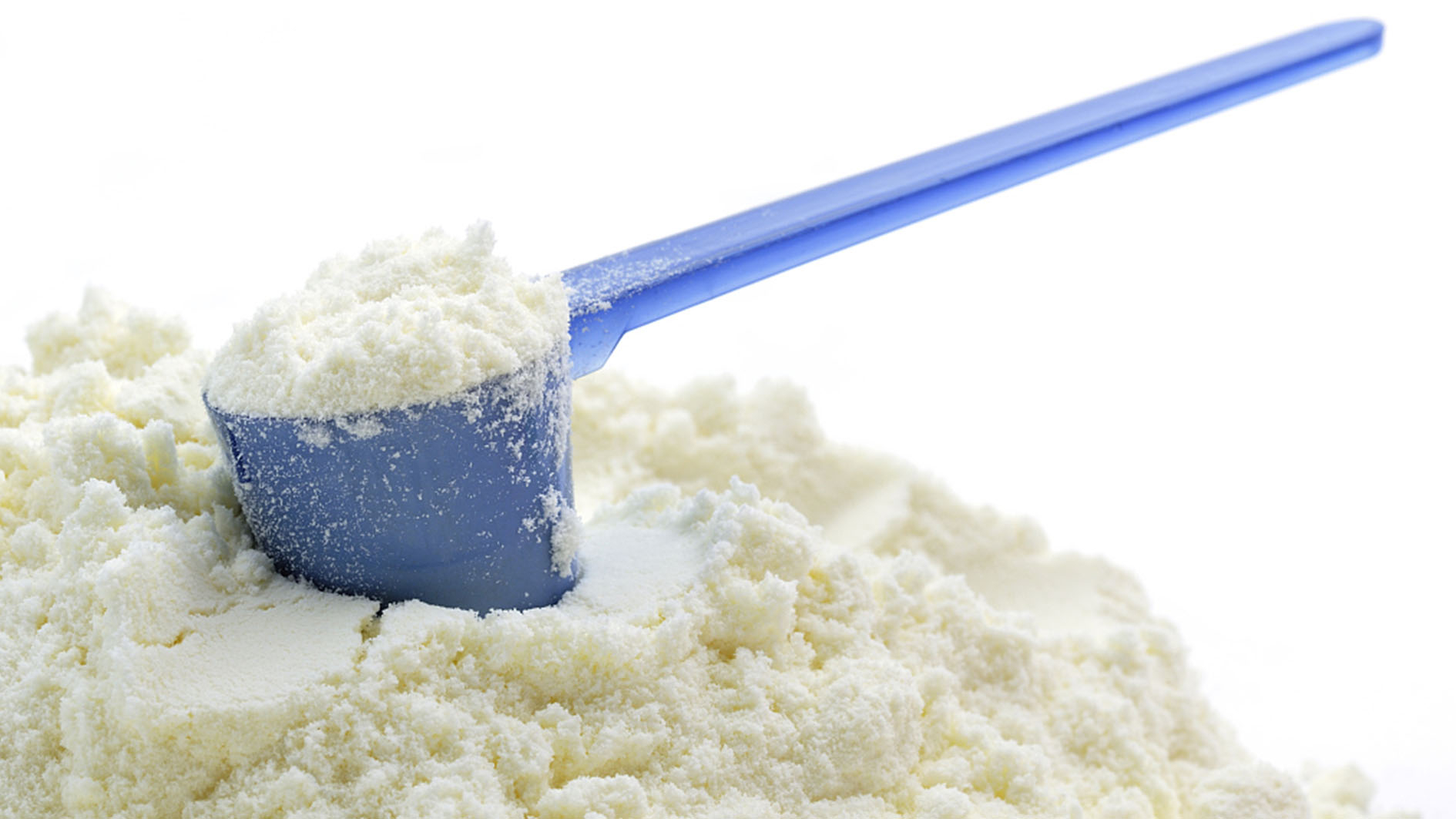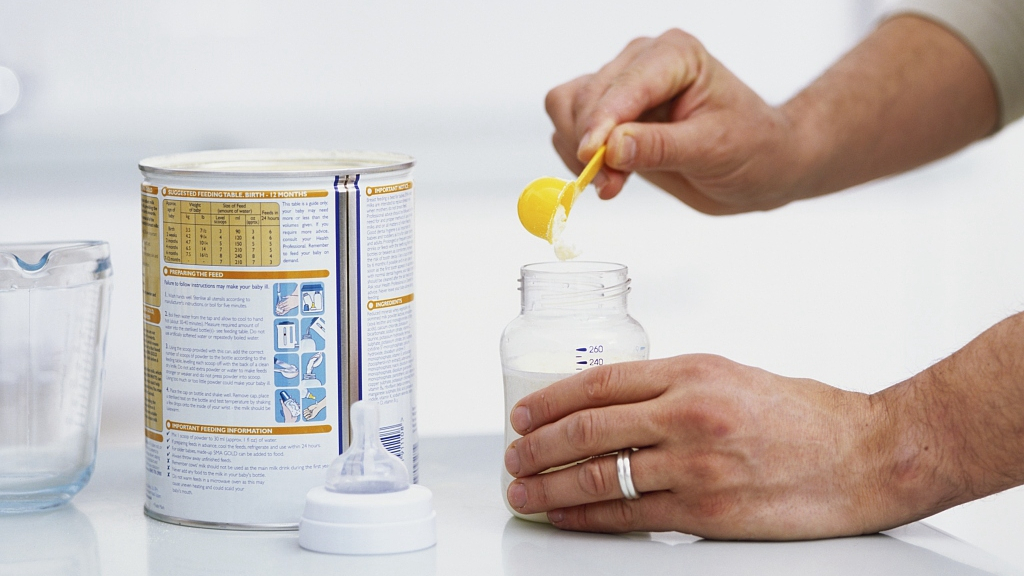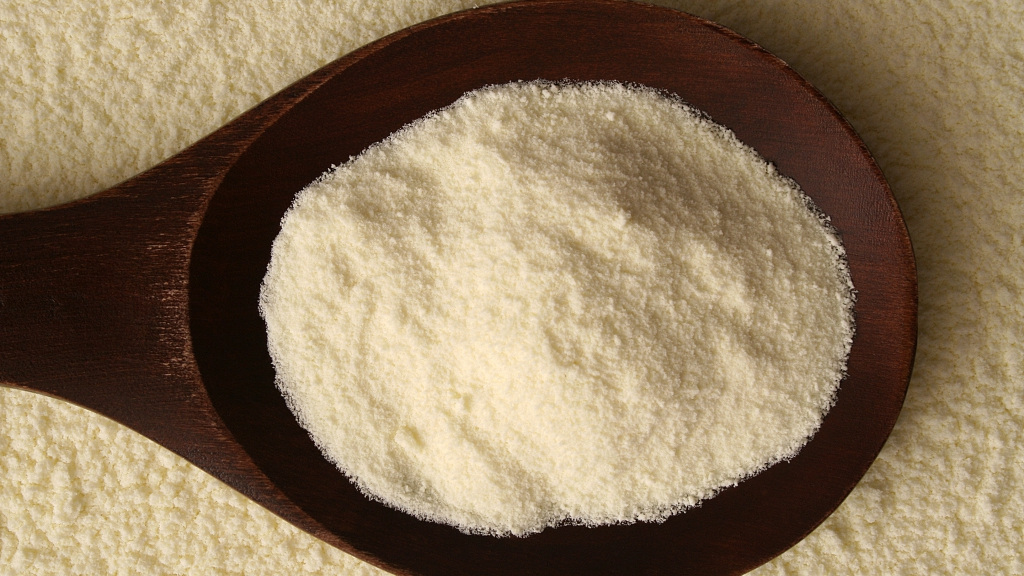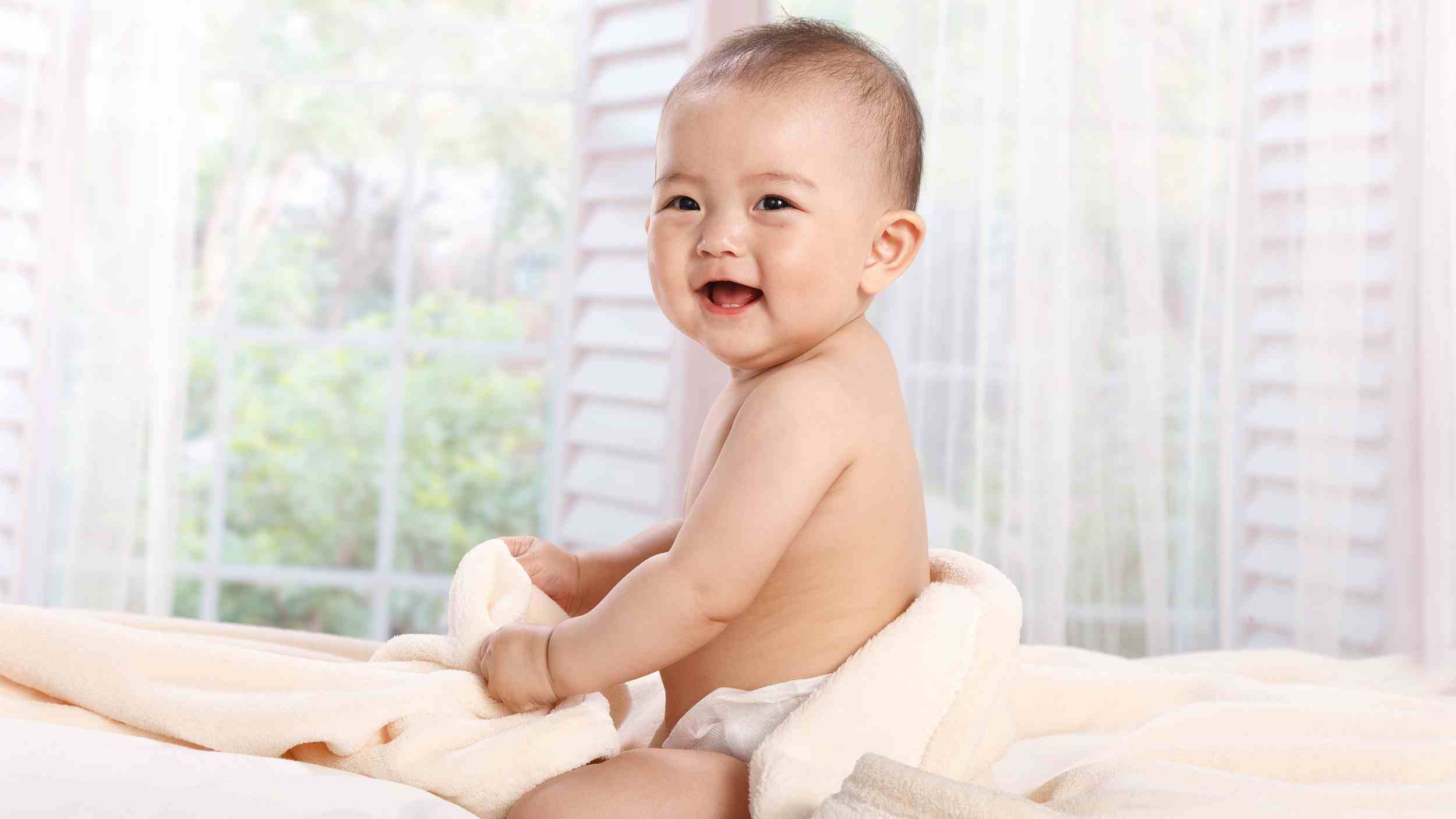
Business
17:39, 12-Nov-2018
China's infant formula industry sees intensified quality control
Updated
16:39, 15-Nov-2018
By CGTN's Zheng Chunying
03:49

The wheels really have been turning on regulating food safety standards over the past decade. After much debate, China's lawmakers finally passed a food safety bill in 2015, which was then amended various times in the last three years.
One of the most important changes came into being at the beginning of this year. All infant formulas now need to be officially registered with authorities before they can be sold in China – including both domestic and international brands.
Within two weeks since implementation, 134 companies had registered 1,000 infant formulas with China's food safety watchdog. Among them, only a quarter were overseas brands, which are the ones trusted by Chinese parents, despite all the work being done to improve the image of domestic producers.

VCG Photo
VCG Photo
Liu Wenjing is one of the Chinese mothers who's concerned about formula. She is now trying to choose the best infant milk formula for her son, who's just 12 months old. With little or no knowledge of the industry, she nevertheless has one strict requirement – imported brands only.
And she's not alone. According to a survey by American management consulting firm McKinsey & Company, more than half of the 10,000 parents surveyed said they prefer a foreign formula brand for their babies.
The mistrust of domestic brands stems from a huge food safety scandal in China where melamine-tainted milk and formula sickened tens of thousands of infants, and while that happened 10 years ago, the crisis of confidence it sparked has shown little sign of relenting. So should they remain skeptical?

VCG Photo
VCG Photo
Professor Luo Yunbo, the Director of the Special Food Research Center at China Agriculture University argued the country had learned its lesson from previous scandals.
He said that the Chinese dairy products are now as safe as overseas counterparts, or even safer. Official data shows the percentage of qualified foreign products has reached over 99 percent.
Perhaps such a result is down to the country's intensified efforts to better regulate the sector. Infant formula products have never been under as much scrutiny as today.
In China, a company can now market no more than three infant formula brands, yet there's no such limit in the United States' official food safety standards.

VCG Photo
VCG Photo
In the meantime, onsite inspections are required every seven months in China, while infant formula manufacturers are vetted for good practices only once a year in the US. On top of that, infant formula products must get approval from authorities before they can be marketed in China. However, there are no such requirements in the US.
Aside from government intervention, domestic producers have also been looking inward, and working hard to guarantee the quality of their own products.
According to Liu Cuizhi, the director of quality inspection center at dairy giant Yili Industrial group said that they have set a much higher safety regulation standard for self-inspection. Their satisfactory line is even higher than that of the country's, in order to set two safety nets to ensure products are qualified.
The irony here is that many overseas brands, selling through various cross-border platforms, aren't even requested, never mind mandated, to go through the same red tape.
Huo Xiaona, a dairy consultant at the China international e-commerce center, said that many small overseas brands that are not able to meet the country's official standards and requirements are still accessible to many Chinese consumers through various platforms. The quality of such products can barely be guaranteed, and the prices are also hard to value, raiding the entire industry in China.
Despite the challenges ahead, Huo said she's optimistic about the future of Chinese brands in this highly competitive market, and they will ultimately come out on top, because parents will soon realize their products are more suited to the constitutions of Chinese babies.

SITEMAP
Copyright © 2018 CGTN. Beijing ICP prepared NO.16065310-3
Copyright © 2018 CGTN. Beijing ICP prepared NO.16065310-3